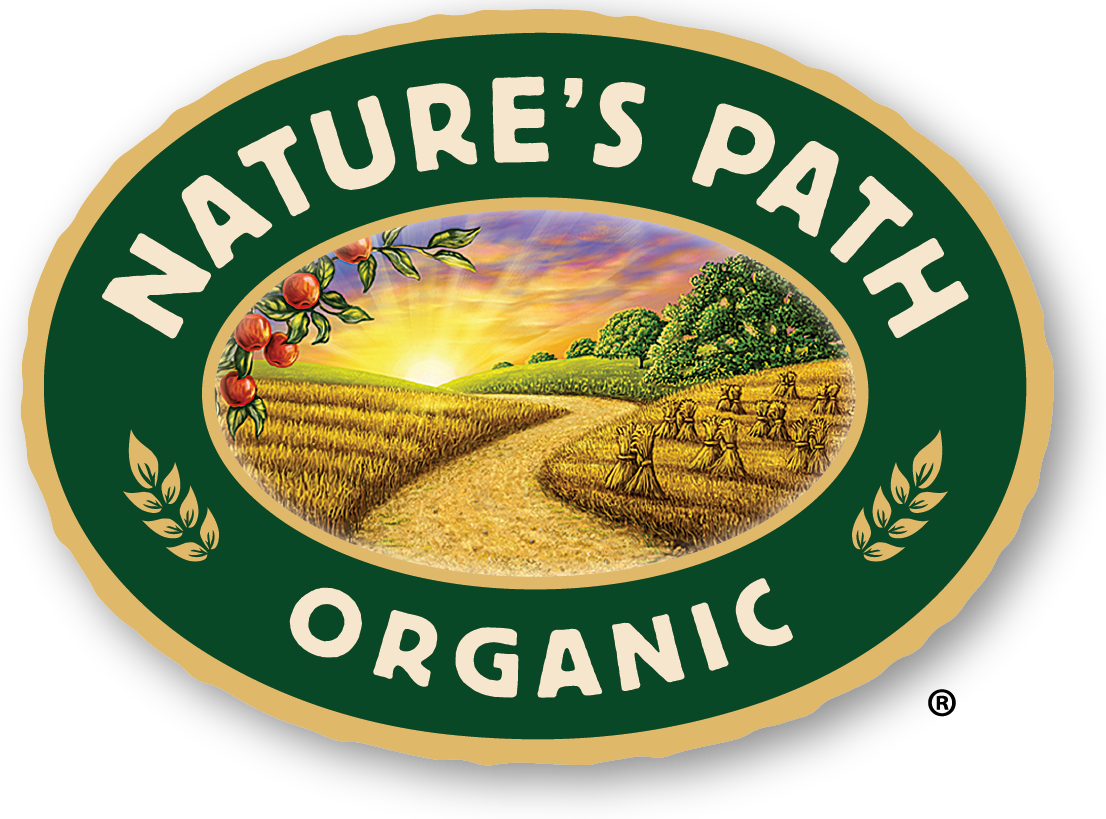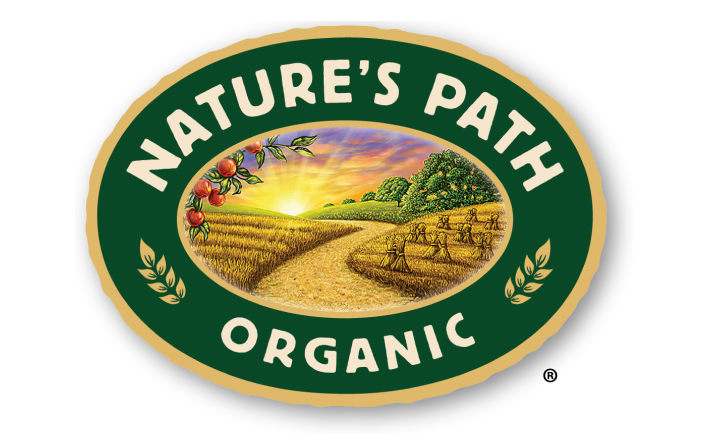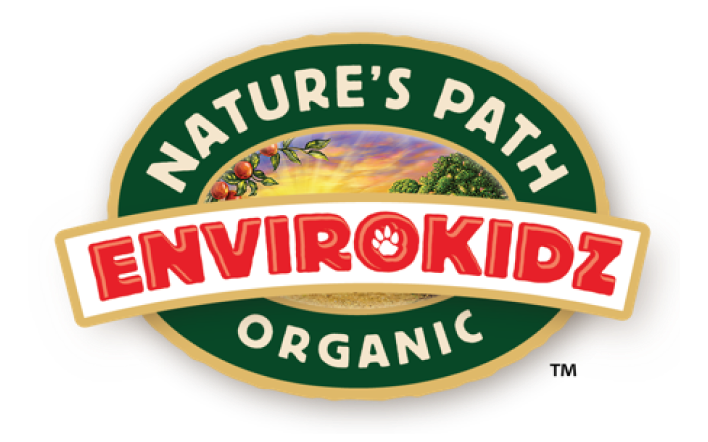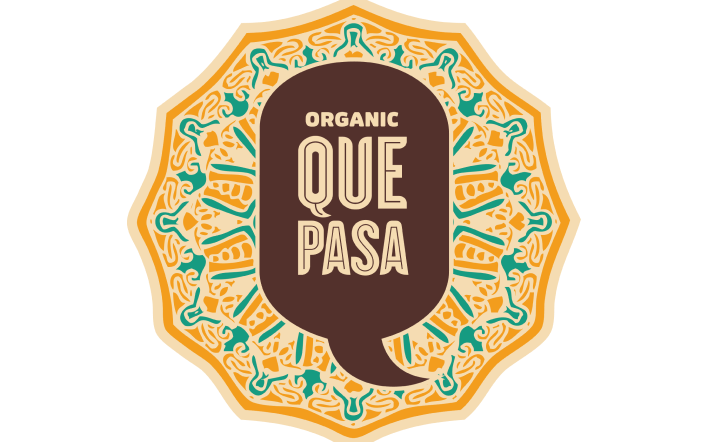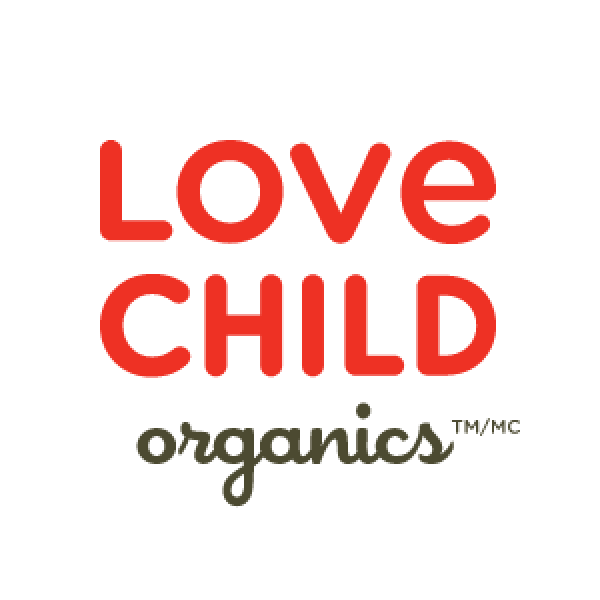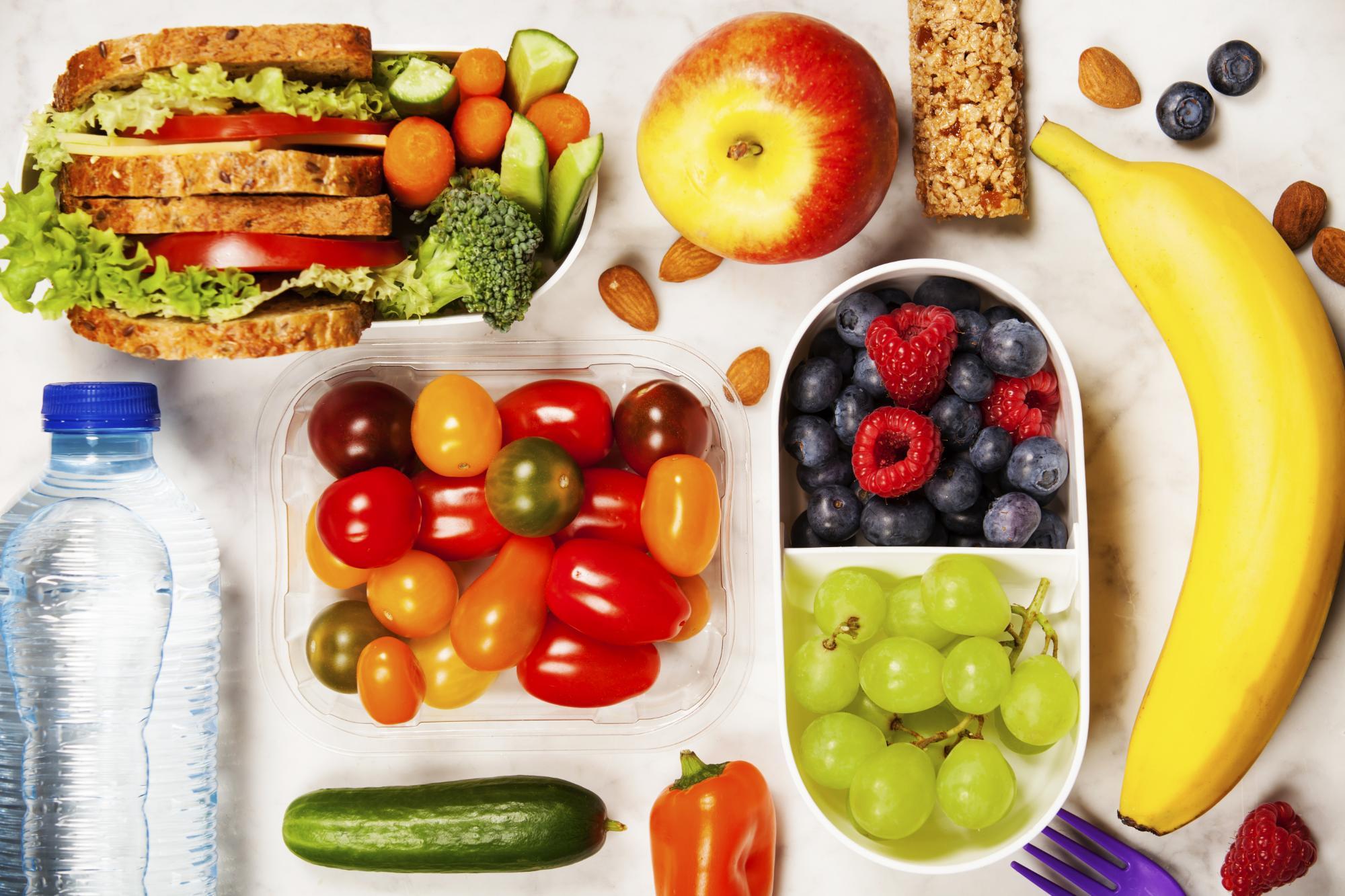
The Right Nutrition for Kids at Every Age
Tags:
Our children grow up so fast - one moment they're small babies, and the next thing you know they're full grown adults! It can sometimes be difficult to keep up with all the changes that children's bodies are going through, especially when it comes to nutrition. At every stage of life, nutrition is important, and in children, proper nutrition is crucial for growth and development. However, the nutritional requirements vary at each stage of life. As children grow and their bodies change, they may require larger amounts of certain nutrients. Help your child eat well and grow up healthy by making sure that they are getting enough of the essential nutrients. Below is a list of the nutrients that are the most important at each stage of a child’s life, as well as the best foods containing those nutrients:
Toddler (ages 1 to 3 years)
Important Nutrients:
Preschool (ages 3 to 5 years)
Important Nutrients:
- Vitamin A: important role in vision and bone growth, and helps protect body from infections.
- Iron: chances of iron-deficiency increase, needed for oxygen transport and development.
- Rich in vitamin A: carrots, sweet potatoes, tomatoes, dark leafy greens, and milk.
- Rich in iron: leafy greens, beans, iron-fortified cereals, peas, dried fruit, and iron supplements. Note to non-vegetarian households: other iron-rich foods include lean meats, poultry, and fish. Consuming citamin C increases absorption of iron.
- Vitamin C: promotes healthy muscles, connective tissue and skin needed for proper physical development.
- Iron: generally low in preschool-aged children, but is critical to a child’s brain development, immune system, and energy level.
- Rich in vitamin C: oranges, strawberries, kale, broccoli, grapefruit, brussel sprouts.
- Rich in iron: leafy greens, beans, iron-fortified cereals, peas, dried fruit, and iron supplements. Note to non-vegetarian households: other iron-rich foods include lean meats, poultry, and fish. Consuming citamin C increases absorption of iron.
- Zinc: deficiency is associated with impaired cognitive abilities (affects child’s ability to think), retardation of growth and development, and reduced immunity.
- Calcium: promotes optimal bone density, which will assist teen growth and reduce the risk of bone loss in later life.
- Rich in zinc: seeds, beans, nuts, whole grains, cocoa, yogurt, mushrooms, spinach, zinc supplements. Note to non-vegetarian households: red meats, poultry, and oysters, are also good sources of zinc.
- Rich in calcium: milk, yogurt, cheese, kale, broccoli, tofu.
- Calcium: important for growing bones and strong teeth.
- Iron: an increase need due to rapid rate of growth, increase in blood volume, and menarche in women.
- Rich in calcium: milk, yogurt, cheese, kale, broccoli, tofu.
- Rich in iron: leafy greens, beans, iron-fortified cereals, peas, dried fruit, iron supplements. Note to non-vegetarian households: other iron-rich foods include lean meats, poultry, and fish.Consuming vitamin C increases absorption of iron.
Would you like to be the first to hear about our new products and more?
Sign up for our Nature’s Path Newsletter.


